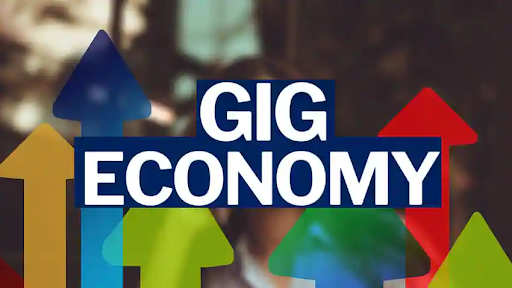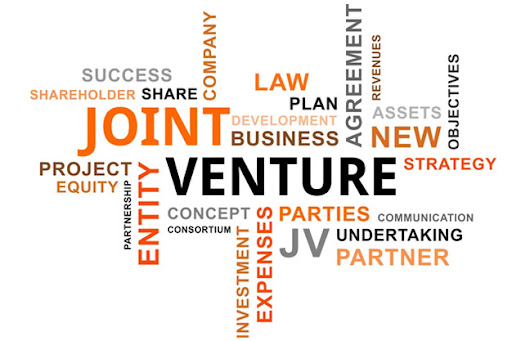
Understanding the impact of the gig economy on rental demand and property management
The gig economy, which comprises independent contractors and freelancers, is a growing trend worldwide. With the rise of the gig economy, there has been an impact on the rental demand and property management. In this blog, we will explore the impact of the gig economy on rental demand and property management.
Rental Demand
The gig economy has created a new class of renters, which includes freelancers, digital nomads, and independent contractors. These renters often have flexible work schedules and may need to travel frequently. They are typically looking for short-term rentals that can be booked quickly and easily online.
This has created a demand for short-term rentals and furnished apartments, which are ideal for gig economy workers. Property owners can capitalize on this trend by offering flexible lease terms and furnished units that are ready for immediate occupancy. By doing so, property owners can attract a new class of renters and generate higher rental income.
Property Management
The gig economy has also impacted property management. Property managers need to be able to adapt to the changing needs of gig economy renters. They need to be able to respond quickly to maintenance requests and provide flexible lease terms.
One of the biggest challenges for property managers is ensuring that short-term renters do not damage the property. Property managers need to have a system in place to quickly inspect the property after each rental and ensure that any damage is repaired promptly.
Another challenge for property managers is ensuring that short-term renters adhere to the community rules and regulations. Property managers need to have clear guidelines in place that are easy for renters to understand and follow. This can include rules about noise, parking, and the use of common areas.
Technology is also playing a significant role in property management. Property managers can use technology to streamline the rental process and communicate with renters. For example, property managers can use online rental platforms to list their properties and manage reservations. They can also use mobile apps to communicate with renters and handle maintenance requests.
Conclusion
The gig economy has created a new class of renters who are looking for short-term rentals and furnished apartments. Property owners can capitalize on this trend by offering flexible lease terms and furnished units. Property managers need to be able to adapt to the changing needs of gig economy renters, including responding quickly to maintenance requests and providing clear guidelines for renters to follow. Technology is playing a significant role in property management, making it easier for property managers to communicate with renters and streamline the rental process. By embracing the changes brought about by the gig economy, property owners and managers can generate higher rental income and attract a new class of renters.
Tags:
Comment











